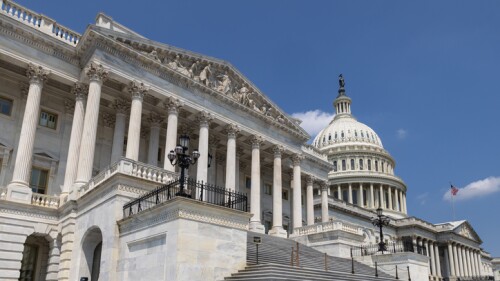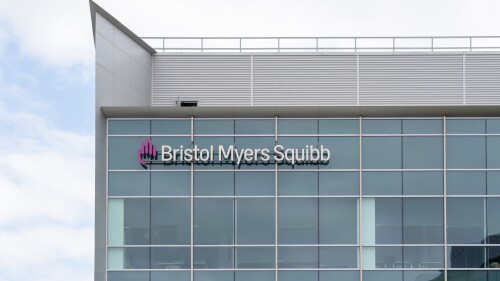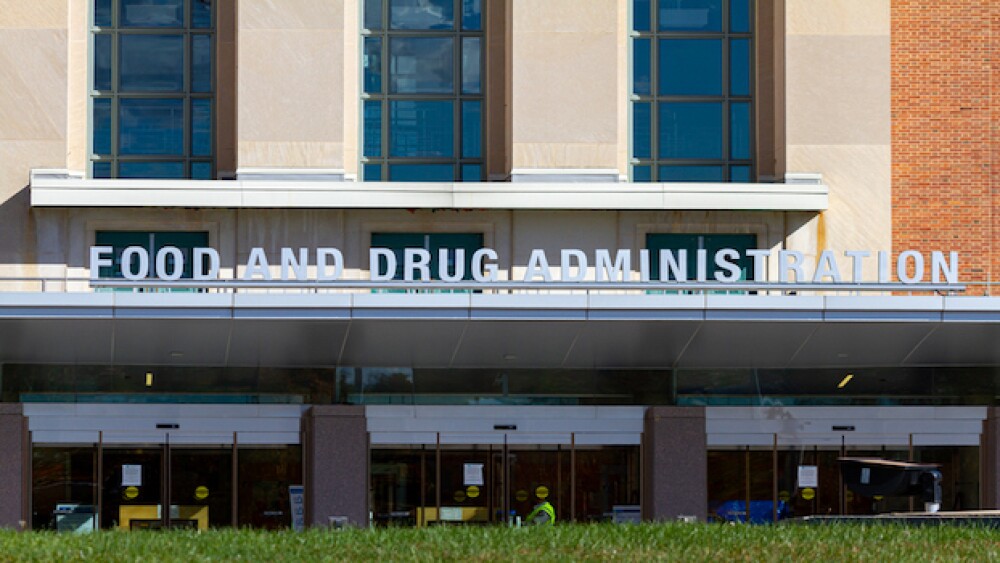News
The British pharmaceutical giant has joined the direct-to-consumer push, following Pfizer and Amgen’s announcements in response to the president’s calls to lower U.S. drug prices.
FEATURED STORIES
After spinning out of BridgeBio in May 2024, BBOT had an eye on another round of fundraising in 2025. A SPAC quickly emerged as the best option.
Aside from the rare disease market, Novo Nordisk also scored a key regulatory win last month for its blockbuster GLP-1 drug Wegovy, which can now be used to treat patients with metabolic dysfunction-associated steatohepatitis.
After a demoralizing period punctuated by the withdrawal of one of the few marketed therapies for ALS, investment in new biotechs, state-backed collaborative initiatives and buzz at BIO2025 suggest a new day in drug development for one of medicine’s most intractable diseases.
Job Trends
4D Molecular Therapeutics today announced that the Company will present the initial interim 24-week landmark analysis from the Population Extension cohort of the PRISM Phase 2 Clinical Trial evaluating 4D-150 in a broad wet AMD patient population at the ASRS Annual Scientific Meeting being held in Stockholm, Sweden from July 17-20, 2024.
FROM OUR EDITORS
Read our takes on the biggest stories happening in the industry.
Following restricted vaccine approvals and changes to CDC immunization schedules, Merck, Pfizer, GSK and Sanofi are all suffering revenue hits to their vaccine programs.
THE LATEST
Looking for a biopharma job in Pennsylvania? Check out the BioSpace list of six companies hiring life sciences professionals like you.
The Trump administration’s recently announced fee for new H-1B visa petitions is “completely unreasonable,” an immigration attorney told BioSpace. Attorneys and talent acquisition experts discuss how the fee could impact biopharma and confusion around the proclamation.
Truist analysts called the results “encouraging” while pointing out certain unknowns in the data. Immuneering plans to kick off a registrational trial for atebimetinib later this year.
The decision to stop the Phase IIb study was driven by “strategic business reasons,” according to a federal clinical trials database.
Three draft recommendation documents published on Wednesday are intended to guide drug sponsors and accelerate the development of cell and gene therapies.
While Harmony management has not disclosed future plans for ZYN002, Jefferies analysts expect the asset to be shelved.
Talent acquisition leaders at leading pharma and biotech organizations are leveraging technologies, including automation, to develop internal talent marketplaces and systems that support upskilling and reskilling their workforce. BioSpace spoke to leaders at Pfizer and Bayer about their evolving approach to resourcing.
Acadia Pharmaceuticals was testing the drug, an intranasal formulation of the oxytocin analogue carbetocin, for its potential to ease hyperphagia in the rare neurological condition.
Sanofi Ventures, which now has $1.4 billion in total assets, will focus its investment efforts on early players working in immunology, rare diseases, neurology and vaccines.
If approved, uniQure’s gene therapy AMT-130—which slowed disease progression by 75%—would be the first genetic treatment for Huntington’s disease. A BLA submission is planned for the first quarter of 2026.

















